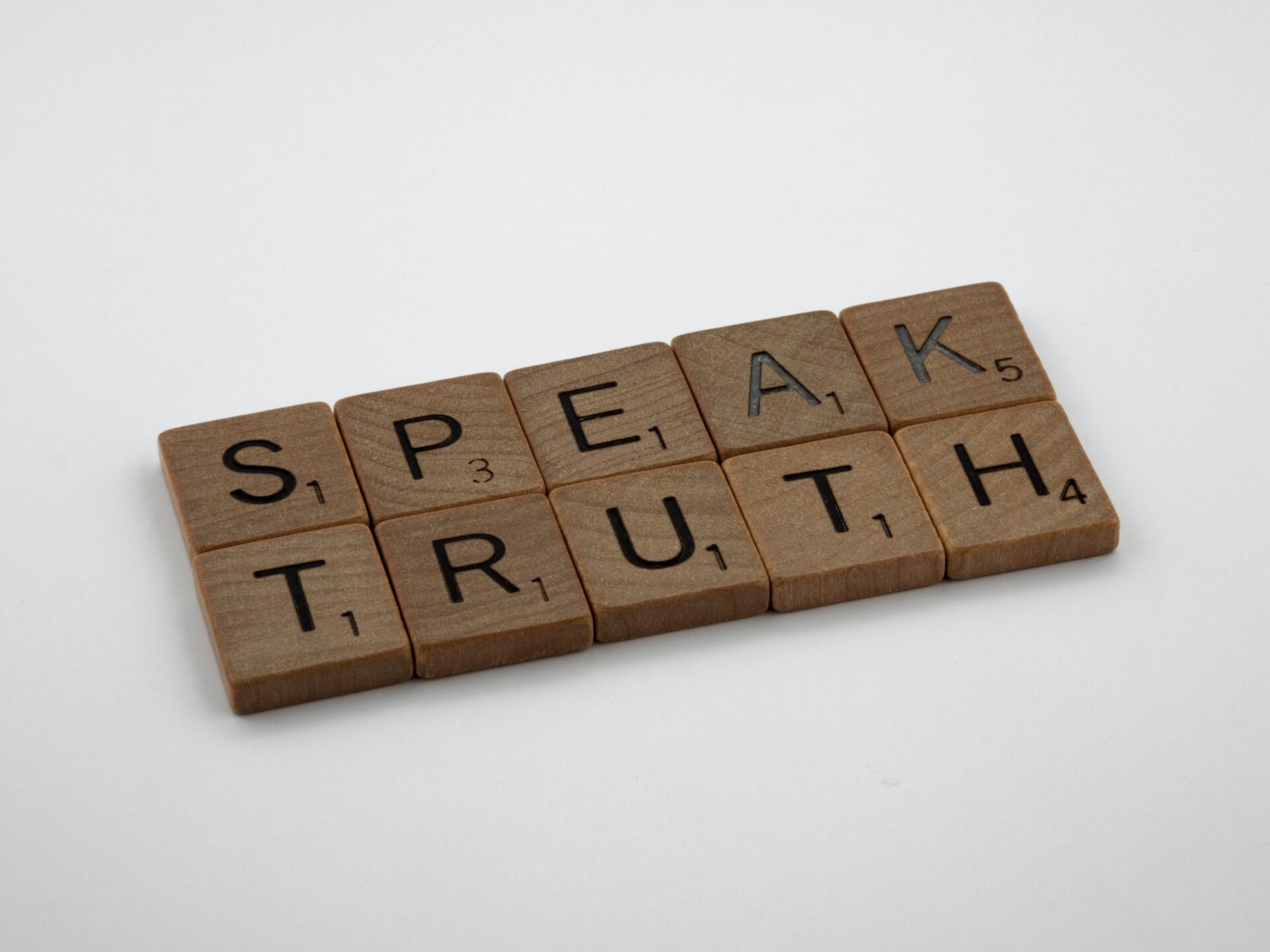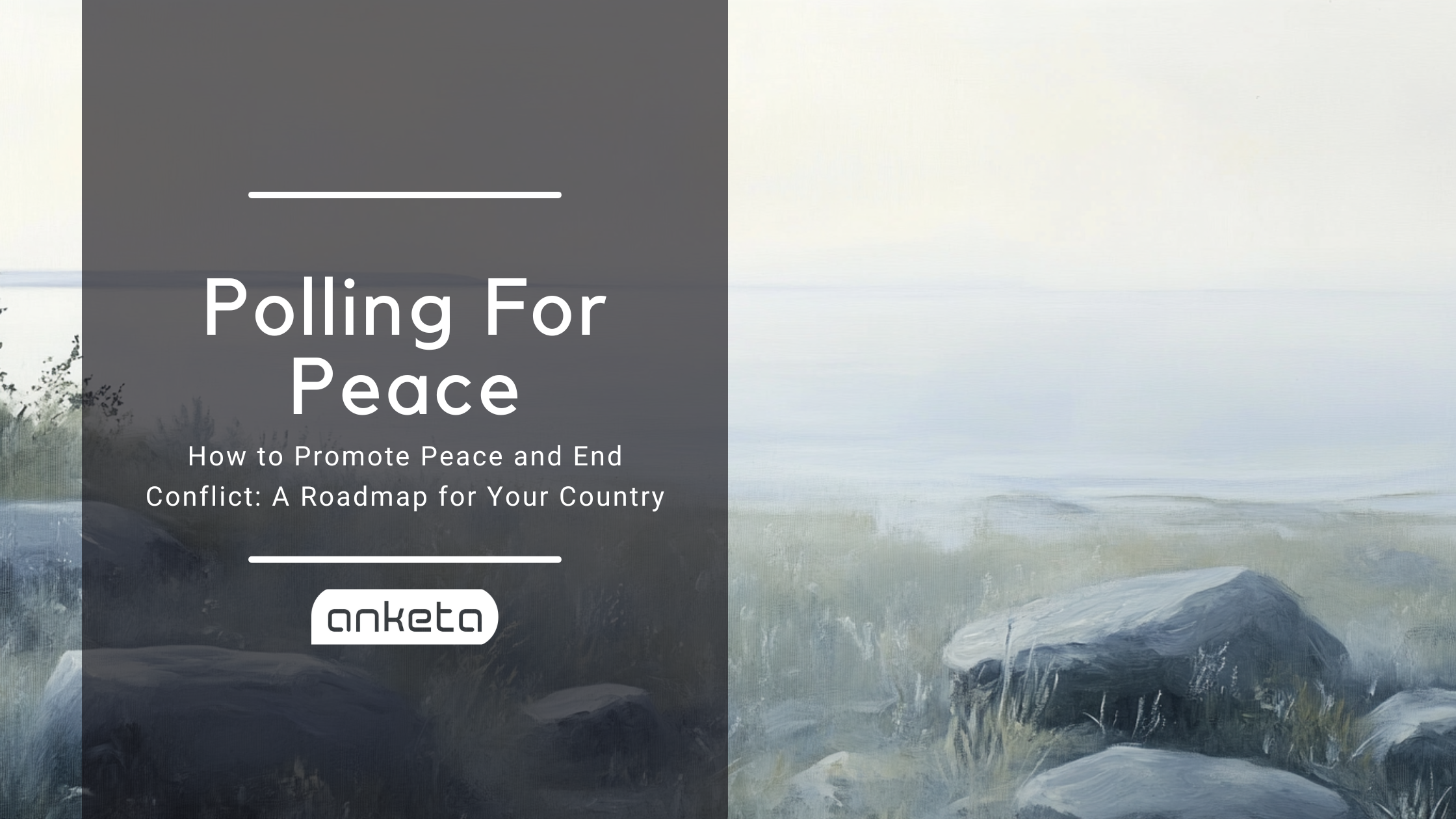“Some people think that authoritarian regime trust is unhealthy and democratic regime distrust is healthy. This may be true, since critical democratic citizens can play the role of assuring government accountability. Yet it seems equally true that decision-making is more efficient and less wasteful of time and resources if there is less tension and greater harmony between the government and the public, particularly in societies with a lot of people and limited resources to spare.” — Wenfang Tang, “The ‘Surprise’ of Authoritarian Resilience in China,” American Affairs Journal, Spring 2018, Volume II, Number 1.
The timeless debate surrounding authoritarian versus democratic regimes often gravitates toward the pivotal issue of trust. As some argue, while the trust exhibited in authoritarian systems might seem unhealthy, the skepticism prevalent in democracies is seen as a vital check on power, ensuring accountability. This sentiment encapsulates the idea that a questioning citizenry keeps democracies vibrant, holding leaders to their promises and responsibilities. But, as pointed out, there’s also a case to be made for harmony between the government and the public. Efficient decision-making, especially in populous societies with strained resources, arguably requires a seamless dialogue between both entities.
Enter mobile polling and surveys and apps like Anketa, modern tools that aim to bridge the gap and enhance understanding between governments and their constituents.
In societies that celebrate democratic values, it’s critical to differentiate between constructive skepticism and sheer distrust. While the former encourages public participation and demands accountability, the latter can lead to apathy, disconnect, and even destabilization. Herein lies the strength of mobile polling: by facilitating a consistent and real-time dialogue between the public and the governing bodies, it helps convert distrust into productive skepticism.
Mobile apps dedicated to polling and surveys like Anketa democratize feedback. Given that an overwhelming majority of the global population now owns a mobile device, these apps can capture sentiments across a vast demographic spectrum. From urban professionals to rural inhabitants, everyone can share their views, ensuring inclusivity.
Moreover, the real-time nature of mobile polling means that governments can be nimble in their response. If a policy isn’t well-received or if there’s significant confusion surrounding a new directive, instant feedback allows for quick clarifications or modifications. Such proactive governance can substantially reduce the potential for misunderstandings and public unrest.
However, it’s not just about immediate reactions. Platforms like Anketa also empower citizens to play an active role in decision-making. Imagine a scenario where, before implementing a resource-intensive project, a government can gauge public sentiment through a mobile survey. The data obtained can guide decision-makers, ensuring resources are used efficiently and in line with public sentiment.
Moreover, the transparency mobile polling offers can be a remedy for the ‘unhealthy trust’ associated with authoritarian regimes. By giving a voice to citizens and showcasing a willingness to listen and adjust, governments can foster a trust rooted in transparency and responsiveness, rather than fear or apathy.
Yet, as with all technologies, mobile polling and surveys come with their challenges. Data privacy, ensuring representation across all societal sections, and preventing misuse are areas that need constant attention. Platforms offering these services must prioritize security and fairness to maintain credibility.
In conclusion, while the debate surrounding the nature of trust in different political systems will persist, tools like mobile polling provide a tangible pathway to a more harmonious relationship between governments and their people. By emphasizing dialogue, inclusivity, and real-time response, mobile surveys can help mold a new era where skepticism fuels progress and trust is built on transparency. For societies teetering between the extremes of distrust and blind faith, this balance offers a promising way forward.
Read also

One sure way to certify our human origin and our real existence is to feel free to exhibit our imperfections, to admit that we don't know something, even when we should have. In essence, we must become more comfortable with asking questions.


